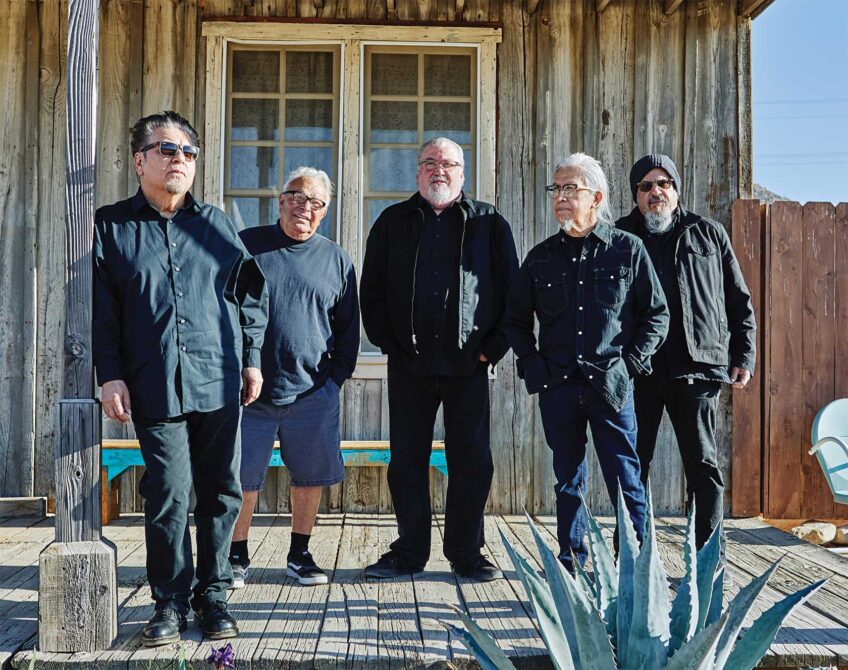Beginning at the End
Local artist uses photos to show the dignity in aging


Chi (Helen) Tung as an adult in Joe Wallace’s “Beginning at the End: Portraits of Dementia.” Photo: Courtesy Joe Wallace

Chi (Helen) Tung as a young girl in Joe Wallace’s “Portraits of Dementia.” Photo: Courtesy Joe Wallace
In his exhibit at the Pao Arts Center in Boston’s Chinatown, “Beginning at the End: Portraits of Dementia,” photographer Joe Wallace explores an inevitable phenomenon of life: old age. Coming from a family with a history of dementia, Wallace seeks to diffuse the harmful stereotypes attached to dementia and Alzheimer’s. His intimate portraits and interviews with elderly subjects reveal the complex inner life that continues, regardless of disease.
“Aging in general is a subject that people either glamorize or don’t talk about at all,” says Wallace. “The narrative that you see is decidedly scary.” Curated by J. Sybylla Smith, the exhibit juxtaposes Wallace’s portraits with younger photographs of the subjects. This serves as a reminder that these subjects are still multidimensional people with a lot to offer, despite their age and illness. When looking into the eyes of the subject you can see they’re the same at 25 or 85. The disease doesn’t change the soul inside.
“People think if you have Alzheimer’s or dementia you’re gone. It’s like a death sentence, and that’s just not the case,” says Wallace. “I want to show a positive view of dementia.” He found his subjects through people that he knew and through the nursing home his grandmother stayed in. His mother was the first person he photographed.
Of all the lessons there are to be learned from the elderly, Wallace says the biggest common denominator was what people remember of their own lives. “People aren’t talking about their job or how much money they made,” says Wallace. “They’re talking about the love of their family and their shared experiences.” Particularly for a population with more limited memory function, this commonality provides profound wisdom about what’s important in life.
Wallace has seen some spectacular connections during his interviews with the subjects of his photographs. Music is closely tied to memory, and the photographer has seen people who were otherwise nonverbal burst out in song or riff a melody from their childhood on the piano.
“I don’t like the culture of warehousing our elders,” says Wallace. “I feel like this age group has so much to give. Everybody with that many miles on the odometer has wisdom to share.” He hopes the exhibit will cause viewers to think more compassionately about their elders, not as victims of a disease, but as people.
If you go
“Beginning at the End: Portraits of Dementia” is on view at the Pao Arts Center in the One Greenway building at 99 Albany St. through December 21. For more information, call 617-863-9080.







